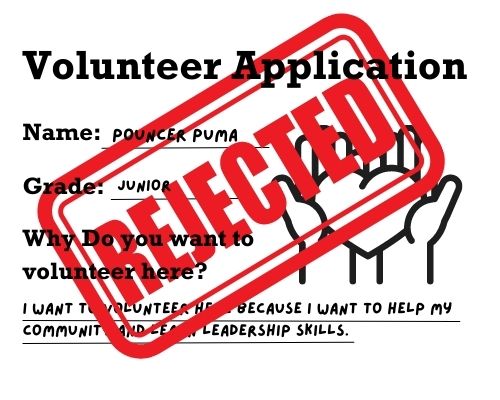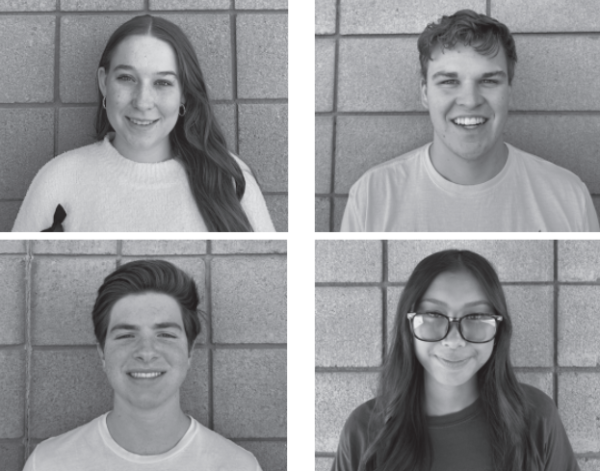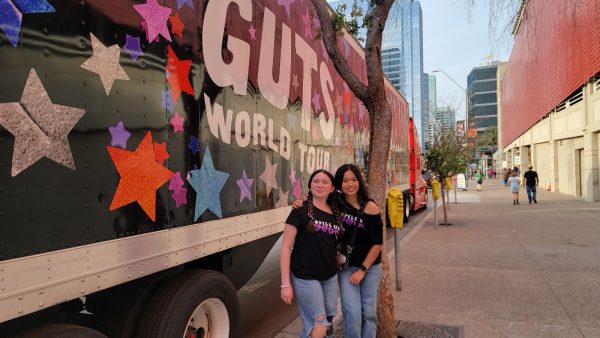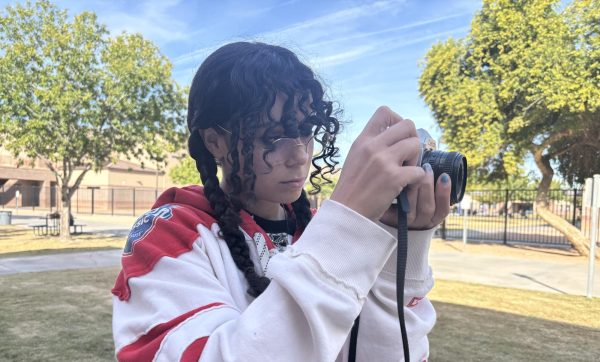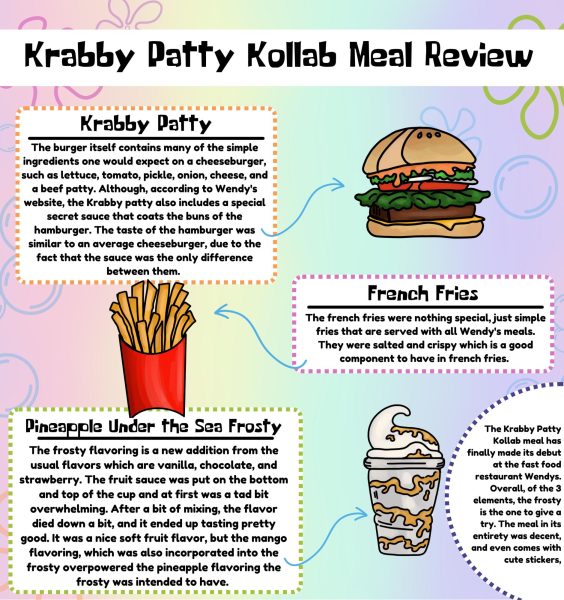Convenience over community: how volunteer opportunities seem to be getting scarcer
High schoolers and college students have made a recent turn to convenience in the form of online school, remote jobs, online shopping with easy delivery. With this, volunteer work becomes increasingly less surrounded by real-life activity.
To gain service hours for resumes and college applications, students have recently found new ways to “volunteer” through the screen. Several clubs last year utilized websites that create elementary grade worksheets to teach children about social and environmental movements, such as Black Lives Matter and climate change.
Not only do these websites not have active legitimacy, but the worksheets with the help of a crossword adapter or a word search maker take less than 10 minutes to create. Since the amount of time making the worksheets is difficult to prove, many students get away with logging more hours than was actually spent. In addition, these worksheets do not help a wide audience, so the actual effect of the “volunteer” work is minimal to none.
In order to maintain a healthy resume for college applications, students have popularized the concept of getting “extra” hours. This is where students will volunteer for a certain number of hours, but earn more hours than they spent. Said to encourage students to volunteer, this practice seems to be blatant dishonesty.
The reason that many clubs have resorted to these types of volunteering is in part due to the inconveniences that in-person volunteering brings. Where adults must accompany minors, rides must be found, and masks must be worn, a “service” opportunity is found from the comfort of their own bed.
Not only has inconvenience struggled to create legitimate volunteer opportunities, but the effects of COVID have also curbed volunteer opportunities.
Operation Smile headquarters, based in Virginia Beach, has asked all clubs nationwide to not send in any more service projects, such as sock puppets for speech therapy and blankets for patients during the surgery recovery. With the pandemic not allowing medical missions to take place, all of the service projects from before and during COVID are stuck at their warehouse in Virginia Beach.
National Honor Society volunteer coordinator, senior Christine Burboz, shares her tips for finding service opportunities. “There’s definitely so many resources online,” said Burboz. She also mentions an app called VolunteerMatch that helps filter through local volunteer opportunities that NHS promotes to their members.
All in all, Leo Club president, Magi Brockman sums up why service work continues to prevail through tough times. “So so many people need help and so many people are willing to take that help… you’d be surprised how many people you can really connect with if you look,” said Brockman.
While service clubs strive to be ethical and purposeful, much too commonly, convenience has found its way to influence the student body’s humanitarian mindset.
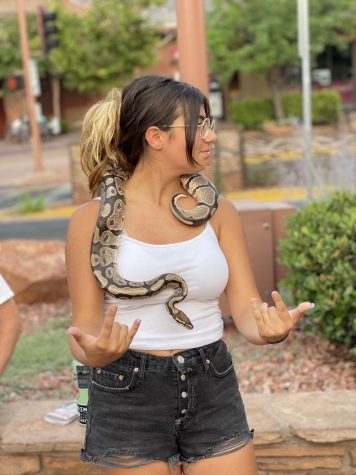
Madeleine Nseir is a senior in her second year with The Precedent. She is co-president of on-campus club, Operation Smile, and in the Puma Regiment. Other...
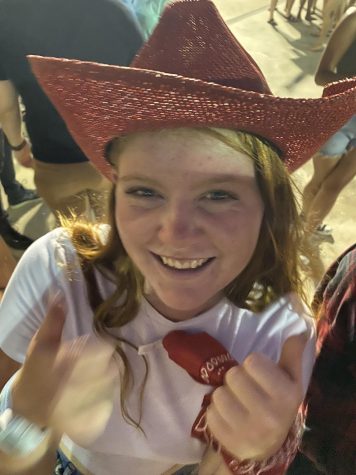
Meghan McGowan is a senior at Perry High School and it is her second year writing for the Precedent. This year she is excited to write about Football (again...),...

